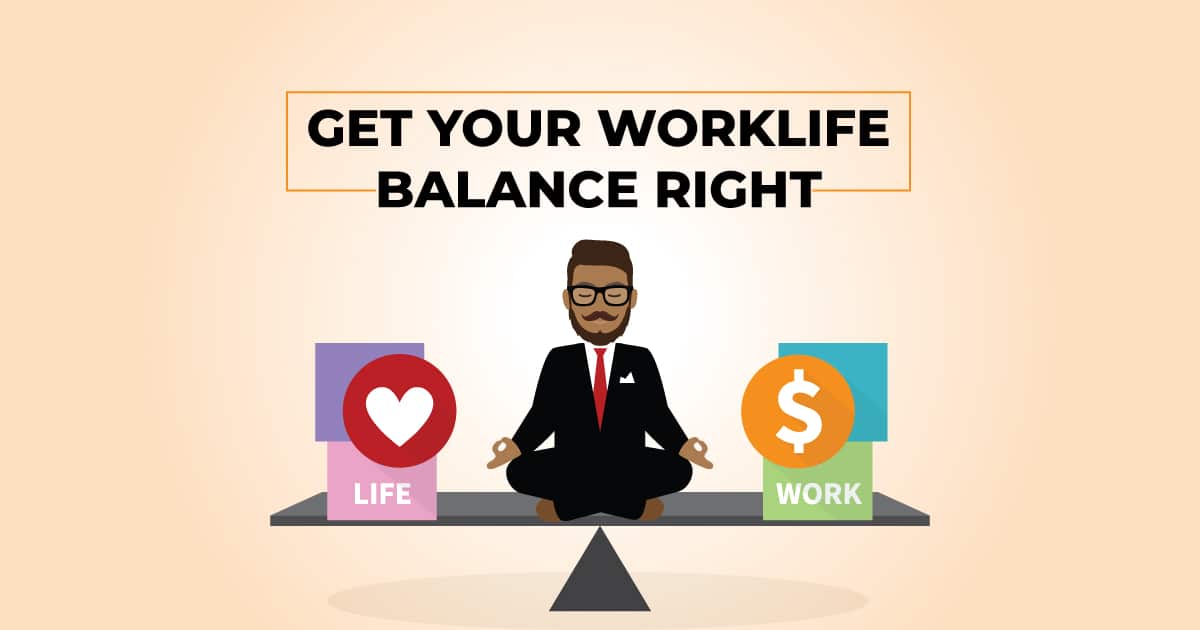“Life will always get busy, make time to do the things you love.” – Lailah Gifty Akita
Majority of people spend a large portion of their time at work. In most cases, the happiest employees are the ones that have a healthy work-life balance. The term work-life balance refers to the amount of time an individual spends at work and other aspects of their lives. The other aspects can range from personal interests to family time and social or cordial activities. Work-life balance success is subjective but is needed by all to ensure a healthy, happy(ier) life.
The need to meet deadlines, targets and other objectives has resulted in many employees excessively spending time at work. As mentioned by healthline.com, the stress caused by overworking can result negatively on employees’ energy levels, relationships and general health. Employees, at this point, need to divide their time equally for work and other areas of their lives. The other areas should focus on what personally fulfils the employees.
“You will never feel truly satisfied with work until you are satisfied by life.” – Heather Schuck
There are various things that employees can do to find the balance between their interests and their employment. One of the key steps that they can take is to study something that they have a genuine interest in. This will not only “beef up” their CV’s, but is also part of their personal development.
Identifying courses that will be beneficial to an employee’s personal development requires a little bit of introspection. Once identified, it is easier for the employee to set out schedules and plan around the course and their work. Courses need not be tied to the workers’ current occupation but should rather be something they personally have singled out as having self-improvement potential. It also could be useful to enrol in courses for managing pressure at work or prioritization of tasks.
Self-care before anything!

Edward Stanley mentioned that “those who think that they have no time for bodily exercise, will sooner or later have to find time for illness”. No human being is immune to illness and it is important for us to try our best to avoid or prevent it by being proactive in minimizing exposure to it. Exercise is one of the most universally recognized self-care methods identified in helping minimise or prevent illness.
Exercise is a compelling stress reducer that is associated with releasing endorphins through an individual’s body. Endorphins are chemicals produced naturally in the body to cope with pain or stress and help lift one’s mood. Exercise makes you feel good about yourself and at the same time helps your body fight off potential illness.
Self-care, especially in the form of exercise, will help ensure that your body is healthy and ready to consume whatever knowledge is required for your self-development. It can also help you identify what sections in your life you would like to improve on. Thus, self-care is needed in every step of your self-development journey as it, as mentioned by Puder-York, refreshes your body, mind and soul.
“Knowing yourself is the beginning of all wisdom.” – Aristotle

It is important to identify what’s most important in your life and career. Ensure that it truly reflects YOUR priorities and dedicate time to find ways of aligning yourself towards them. It then becomes easier to incorporate into a schedule, strategies and plans that will make your life easier.
The key element of knowing what you want and putting it in a schedule is to focus on activities you specialize in and value most. If you have difficulty, consulting with a person in your life (friend, spouse or colleagues at work), can be useful. This may give you a chance to identify other priorities you may have failed to list.
“If you’re trying to change a certain script in your life, start small and experience some success. Build from there.”
Having practised self-care, identified what’s important in your life and career, and constantly studied ways to improve yourself – happiness and success are inevitable. The fulfilment is not in the monetary reward but rather due to the fact that you would achieve goals while enjoying the daily process.
The goals need not be restricted to the workplace but inclusive of the other areas of your life as well. If you are WINNING in other areas of your life as much as you are at work, it becomes hard to be negative. Most importantly, this gives you a good balance between stress and relaxation.
Attaining a healthy work-life balance schedule can be seen as a good life stress management technique. The fact that it requires one to study ways to improve themselves, contributes immensely to one’s self-development. The more goals you achieve, the more confident you become and attract positivity into your life – work and personal life.
Your career is as important as your personal life. Take action, study ways to improve yourself and live a happy life of constant self-development.





